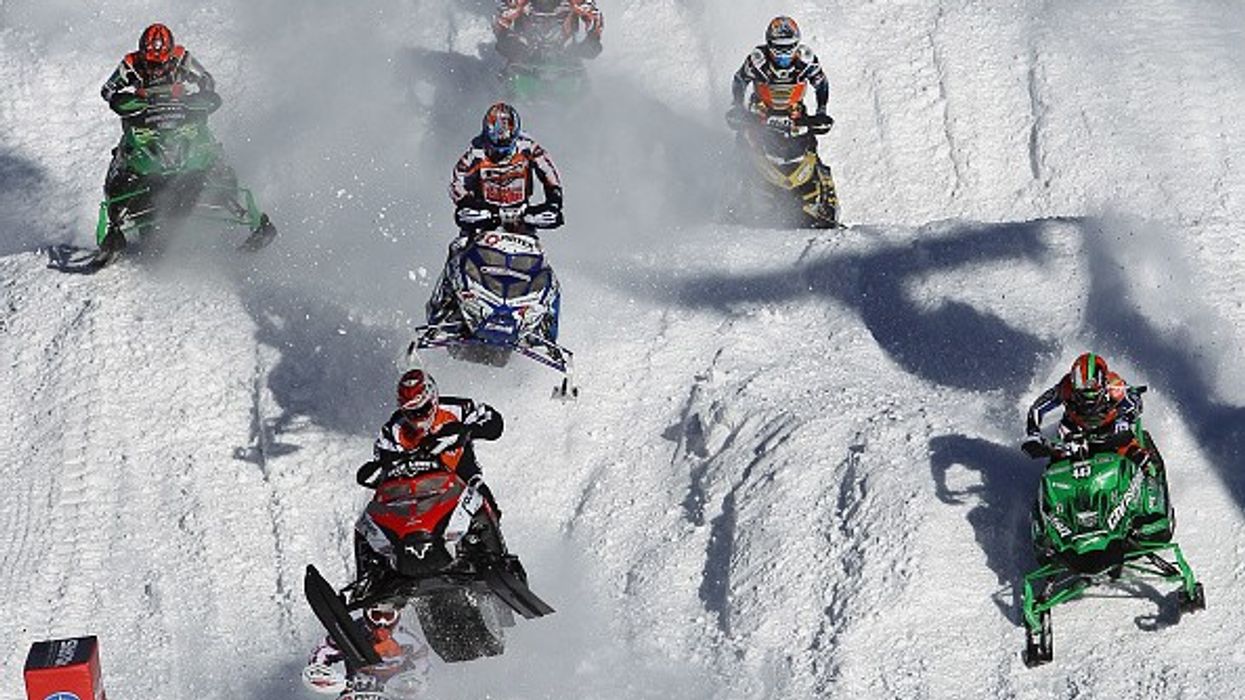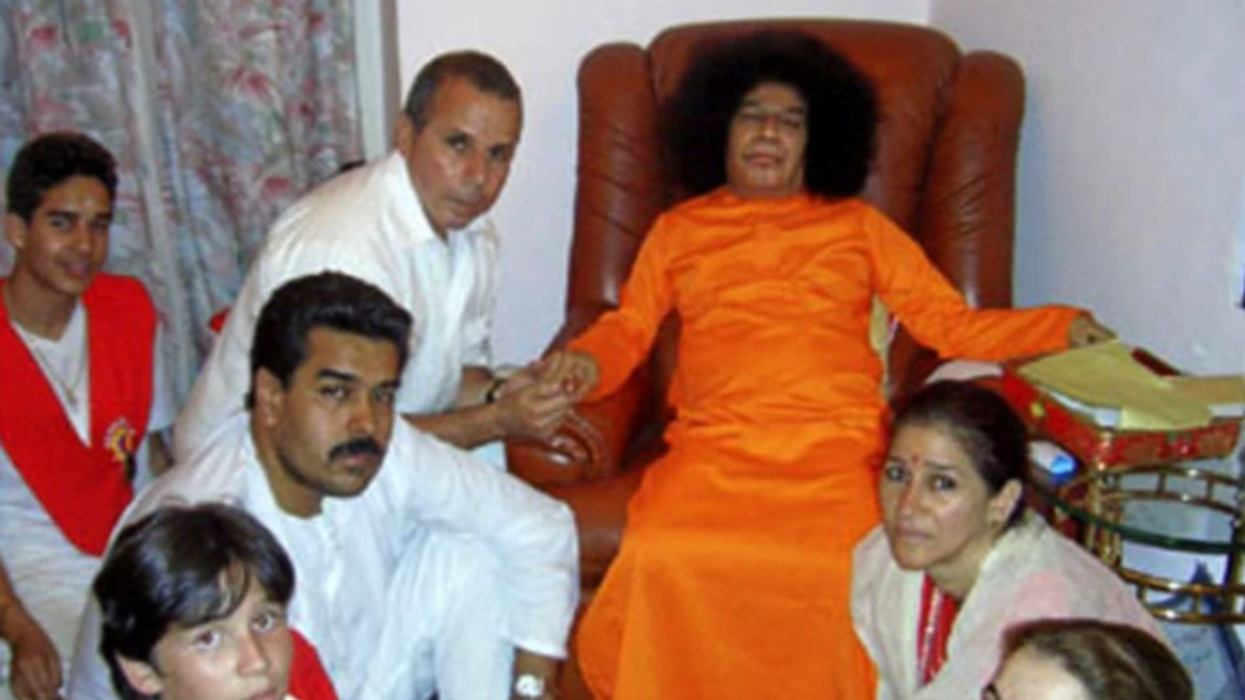By Sarwar Alam and Pramod Thomas
WITH being in lockdown, on and off for almost a year, the one thing everyone is dreaming of is being able to go on adventures again. That feeling of your heart thumping faster, the adrenaline pulsing through your veins, the instant impact of a physical and mental boost is something everyone is in desperate need of.
And there is nothing that quite compares to the variety and level of adventure that the British Army’s Adventurous Training programme offers.
Whether you are a beginner or a seasoned adventure seeker, opportunities exist for anyone to pursue Adventurous Training to the highest level. Whether to summit Everest, wreck dive off the coast of New Zealand, white-water kayak the Sjoa River in Norway or skiing first descents in Greenland – the Army gives you experiences of a lifetime. Indeed, the British Army views Adventurous Training as key military training for all ranks which positively impacts their effectiveness on military operations.
“Adventurous Training is a tool through which we develop our soldiers. It enables us to place people in positions where they feel outside of their comfort zone. It allows us to place them in safe conditions of mental and physical stretch which then has potential to subsequently increase their self-awareness, their self-confidence, increase their physical and mental courage and increase their resilience. And so thus, it improves an array of soft skills that contributes to making them better service people, better people, better team members and better leaders,” the Joint Service Mountain Training Centre (JSMTC) Commanding Officer Lt Col Jennifer Painting told Eastern Eye.
The 150 people strong JSMTC is one of the British military training centres that delivers Adventurous Training (AT) for its Armed Forces. Its headquarters are in Wales and it has delivery points (or subunits) in Scotland, Northern Ireland, Yorkshire, Bavaria and Wales.
Not only do the activities provide personal experiences, participants also earn Adventurous Training qualifications aimed at overall personal development.
The overarching Army Adventurous Training Group provides a qualification framework in canoeing/kayaking, caving, freefall parachuting, gliding, mountaineering, mountain biking, offshore sailing, paragliding, skiing, and sub-aqua diving across the UK, England, Scotland, Wales, Northern Ireland, Cyprus and Germany.
“As a young person, I started mountaineering and hill walking. That contributed to my development into a better soldier and a better person. I’m also now a mountaineering leader. Now, I can lead small groups of other soldiers in the hills as well,” said Lt Col Painting.
More than 30,000 soldiers conduct some sort of Army adventurous activity every year and the Army runs around 1,200 expeditions each year. Besides, more than 8,000 courses are provided by the Army each year to train instructors.
There are three categories in the training. In the ‘air’ category, attendees can glide, paraglide and parachute. In the ‘sea’ category, they can dive and sail and in the ‘land’ category, they can go kayaking, canoeing, climbing rock, mountaineer, winter/summer skiing. It has three subcategories of Nordic skiing, alpine skiing, and ski touring (skiing uphill) and mountain biking.
After a certain level of training qualification has been achieved, soldiers then have the ability to plan and undertake their own Adventurous Training trips. For example, after about six weeks of mountain bike training and assessments, a Mountain Bike Leader will be able to return to their home unit where they can then deliver mountain bike training and experiences to their own soldiers.
Though the training is mostly free of charge, for some large expeditions, for example, mountaineering in Peru, a personal contribution may be required. But the individual contribution is nothing compared to how much a person would have to pay for the same experience in civilian life.
Asked about training locations, Lt Col Painting said it happens across the globe.
“The European Alps are often used for mountaineering. The big rivers in Canada are often used for canoeing; there recently have been a few expeditions which have attempted to climb Mount Denali in Alaska. The expeditions are usually planned and coordinated by small teams of about six or 12 people. They could take place anywhere in the world. Popular locations include across Europe. For example, kayaking in Slovenia, walking in the Dolomites, rock climbing in Spain. In winter, our environment normally takes us into skiing into the Alps or the Nordic skiing in Norway or Sweden,” she said.
“Sometimes, training will be organised in Japan or Australia. But, obviously, the costs go up when people want to organise expeditions to travel that distance. In the past, teams have even attempted to scale Mt Everest within an Army Expedition”.
The levels of adventure are incredibly broad and varied. Normally, the level of adventure may look like a week of hill walking in the Lake District or a week of climbing in Scotland,” she said. However, there is a huge spectrum of opportunity.
At the other end of the spectrum; “The Ice Maiden expedition was an Army Expedition in 2018 which took a team of six women to the South Pole. They became the first female team to ski across the Atlantic continent using muscle power alone. It took them 62 days. That level of adventure is about endurance, resilience, teamwork, trust and leadership. Army Adventurous Training provides a vast array of opportunities for adventure.”
On safety during the training, Lt Col Painting said they follow the Safe System Approach to Training. “The Safe System Approach to Training means we adhere to a recognised levels of safety. The four aspects of the safe system include safe instructors; they are well trained and appropriately qualified; safe equipment, it adheres to safety regulations and ongoing safety checks; safe place, our locations are risk assessed; safe practice, the content of our courses follows an agreed course syllabus has been professionally designed and assured.”
According to Lt Col Jen Painting, peripheral skills, such as good communication, tolerance, teamwork, self-awareness, resilience, courage and mental agility, earned through participation in adventurous training, are like ‘gold dust’ and are hugely valuable in civilian life.
Lt Col Painting added: “People undergoing this training can control their behaviours and contribute to a more effective team compared to someone who has never been put under stress. The soft skills of being able to operate in a pressured environment, a resilient individual, a cracking team player, looking after the team before oneself and the mental and physical resilience are taught as part of the training.”
“The training is aimed to improve the person so that they can achieve a greater potential, a potential that might even be unknown to that individual. These training opportunities are about growth – developing a better soldier and a better person.
Not only does Adventurous Training develop a person, it also gives them skills and qualifications which they can use in civilian life. “I’m a trainer, teacher and instructor by profession. In a different life I might seek to work for a private sector company in their learning and development department. But most private sector organisations won’t have the resources or programmes to provide Adventurous Training opportunities. In that respect, it shows just how unique and forward leaning the Army training opportunities are. Also, the Adventurous Training opportunities provided by the Army supports some retention and recruitment of our service people. But that’s very much a secondary effect. The primary effect is enabling the development of better people and better soldiers, contributing to better service people who can achieve their full potential.”






 Delcy Rodríguez visited Prasanthi Nilayam on October 26, 2024, to pay her obeisances to Sai Baba. (Photo credit: Sri Sathya Sai Media Centre))
Delcy Rodríguez visited Prasanthi Nilayam on October 26, 2024, to pay her obeisances to Sai Baba. (Photo credit: Sri Sathya Sai Media Centre))





